Man depended on bioresources of his survival and sustenance since immemorial time. Obviously, in the earliest times, the primitive man acquired knowledge since he was very close to the nature. He was equipped with deep and discerning acquaintance with the ambient plant world. This acquaintance led him to unavoidable experimentation through which was channelized his knowledge of properties of several plant species, beneficial or even harmful in nature. This knowledge gradually became, in later periods, an integral part of his culture, which has been passed from generation to generation with certain modifications, improvements or even deletions. Our ancestors had a wide range of medicinal herbs at their disposal, and that they likewise have in-depth understanding of medicinal herbs. Even until the last century, every community, village or hamlets had a wealth of herbal folklore of common health problems. They used them in the form of certain recipes like lotions, teas, poultices, ointment etc. On the advent of waves of modernization and acculturation, the golden lore of our ancestors was on the wane.
Role of Biotechnology in Medicinal and Aromatic Plants (Volume XX)
$64.80
$72.00
In stock
Free & Quick Delivery Worldwide
All orders amounting to US$ 50 or more qualify for Free Delivery Worldwide. For orders less than US$ 50, we offer Standard Delivery at $14 per book.
ABOUT THE AUTHOR Atiya Khanum
Dr. Atiya Khanum obtained her M.Sc. and Ph.D. in Botany from the Osmania University, Hyderabad. Dr. Khanum has worked on the ecology of two lakes of Hyderabad with special reference eto Planktonic and Mat-forming algal communities. She is Associate Professor and Head of the P.G. Department of Botany. Nawab Shah Alam Khan Centre for Post Graduate Studies and Research (Affiiated to the Osmania University), Anwarul Uloom College Campus, Mallepally, Hyderabad. She teaches Ecology, Environmental Biology and Phytogeography to the Post Graduate students at this center. She has published 34 research articles in reputed journals. Dr. Khanum has also co-authored three text books and co-edited nineteen reference books with her husband, Dr. Irfan Ali Khan.
ABOUT THE AUTHOR Irfan Ali Khan
Dr. Irfan Ali Khan obtained his M.Sc. from the Alilgarh Muslim University and Ph.D. in Botany from the Osmania University, Hyderabad, specializing in Genetics and Plant Breeding Dr.Khan is the Director of Nawab Shah Alam Khan Centre for Post graduate Studies and Research (Affiliated to the Osmania University), Anwarul Uloom College Campus, Mallepally, Hyderabad. He teaches Post Graduate students and guides research scholars at this center. He has publsiehd 135 research papers in the reputed National and International Journals and is now panel of experts on mungbean for all countries of the South-East Asia and the Middle East. His name has been included in the Directory of contribution of Muslim Plant Scientists in India. Dr. Khan has been the editor of "frontiers in Plant Science", has edited twenty six reference books and has co-authored three text books with his wife, Dr. Atiya Khanum. He is a Fellow of the Indian Society of Genetics (F.I.s.G.).
reviews
0 in total
Review by Anonymous
Be the first to review “Role of Biotechnology in Medicinal and Aromatic Plants (Volume XX)” Cancel reply
You must be logged in to post a review.
Bibliographic information
Title
Role of Biotechnology in Medicinal and Aromatic Plants (Volume XX)
Author
Edition
1st ed.
Publisher
Ukaaz Publications, 2008
ISBN
8188279536
Length
viii+312p., Tables.
Subjects
tags
#Biotechnologymore by Atiya Khanum see more
more by Irfan Ali Khan see more
similar bookssee more
Biodiversity-Global Concerns
$24.94
$26.25
Indian Trees: An Account of Trees, Shrubs, Woody Climbers, Bamboos and Palms Indigenous or Commonly Cultivated in the British Indian Empire
This is a special edition to ...
$75.60
$84.00

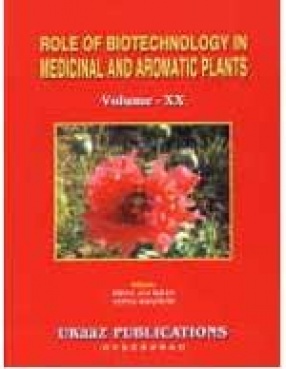
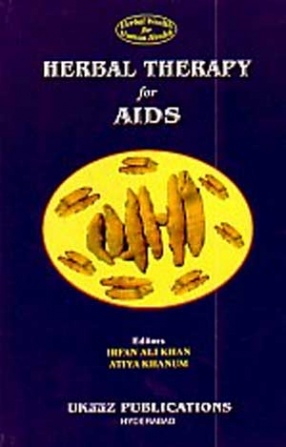
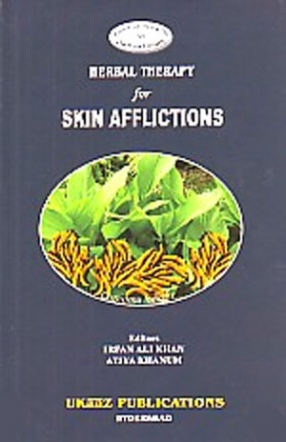
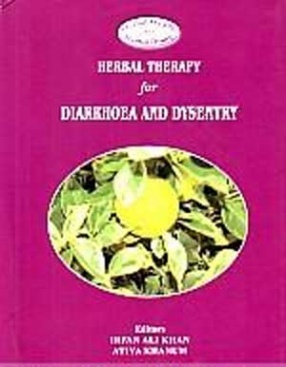
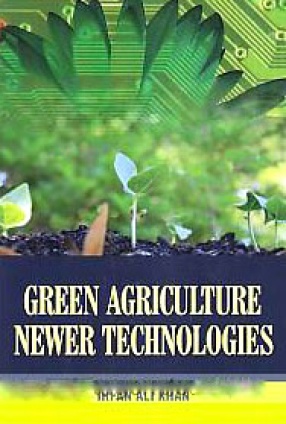
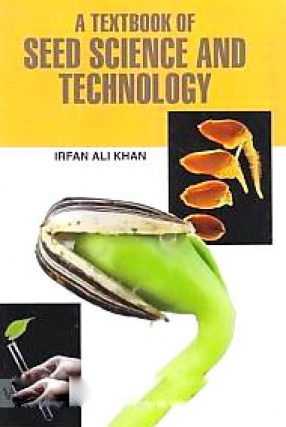
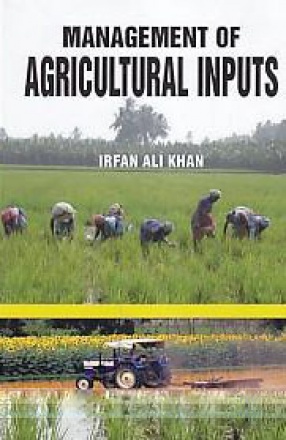

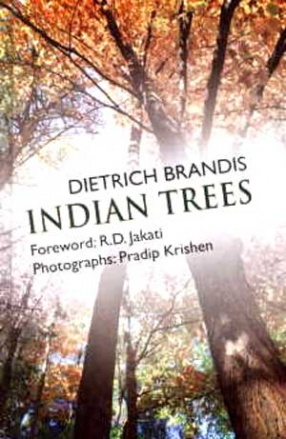
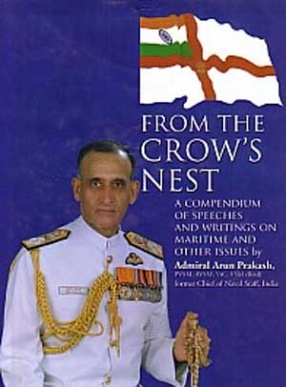
There are no reviews yet.